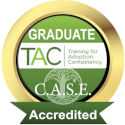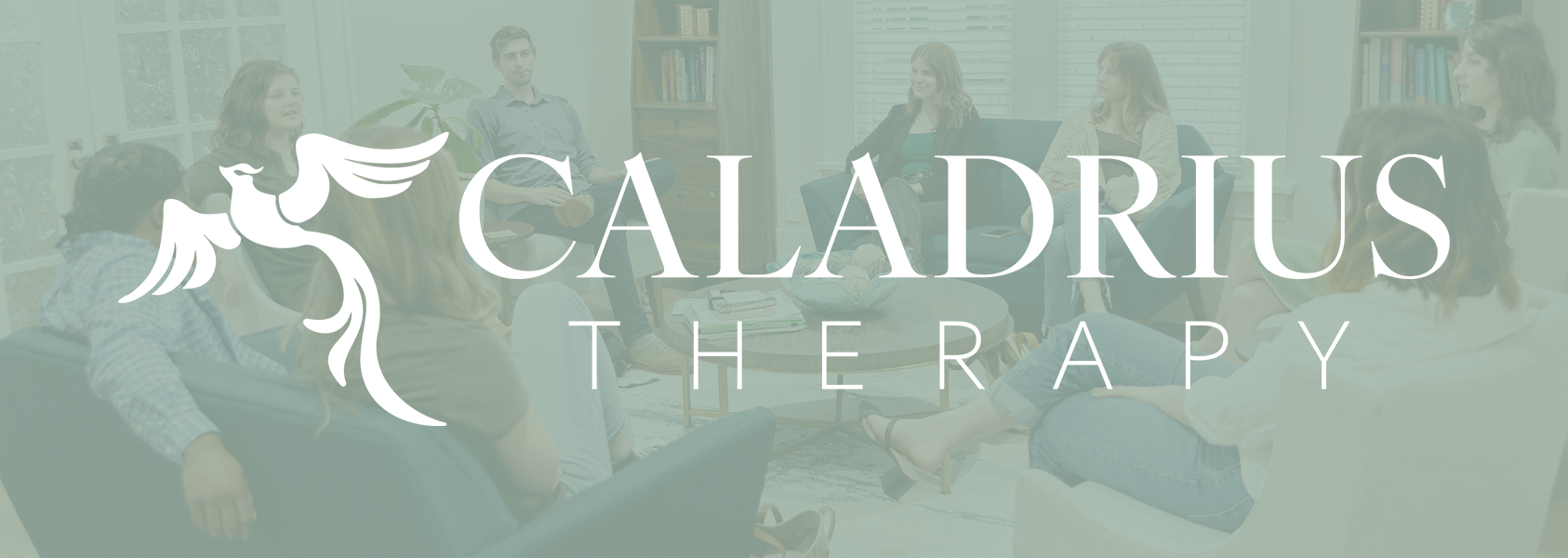
helping therapists build a better life for themselves and their clients
CALADRIUS CONSULTING by JESSIE OGIENKO, LCSW

WHO I AM
I am a private practice group owner in Charlotte, NC. I started my private practice, Caladrius Therapy, after I had my daughter and had had it with the quality of life for clinicians and clients in the typical agency and the inaccessibility of many private practices for your typical American. I wanted to create a space where anyone could come and feel important and cared for. Then I expanded to stretch that vision to clinicians. I want people who work for me to be happy, have amazing work/life balance, a livable (or higher) wage, and feel like we are a team working together towards a common mission.
Now I want to help others to do the same. We do not have to accept low pay and poor working conditions as a field. Clients do not have to accept having only one or two options for speciality care. I can help you care for clients better while caring for yourself.
MY EXPERIENCE
I am an Approved Continuing Education Provider through the National Board of Certified Counselors (NBCC).
I am also trained in EMDR, certified in Trauma-Focused Cognitive Behavioral Therapy (TF-CBT), hold the Gottman Method Couples Therapy Level 1 certification, am a PREPARE/ENRICH Certified Facilitator, have graduated the accredited C.A.S.E. Training for Adoption Competency (TAC) certificate program, am certified to perform Local Certified Forensic Evaluations, and am a Family Centered Treatment (FCT) therapist and trainer.


MY PRACTICE
I bootstrapped my practice, Caladrius Therapy, in 2018. Since then, I and my team of 20 clinicians spent over 40,000 clinical hours helping 1,000+ clients to share their story.
STUFF I DO
I offer training, consultation, and clinical supervision for interns and provisionally licensed therapists.
GET IN TOUCH
© Caladrius Consulting. All rights reserved. Design: HTML5 UP.
